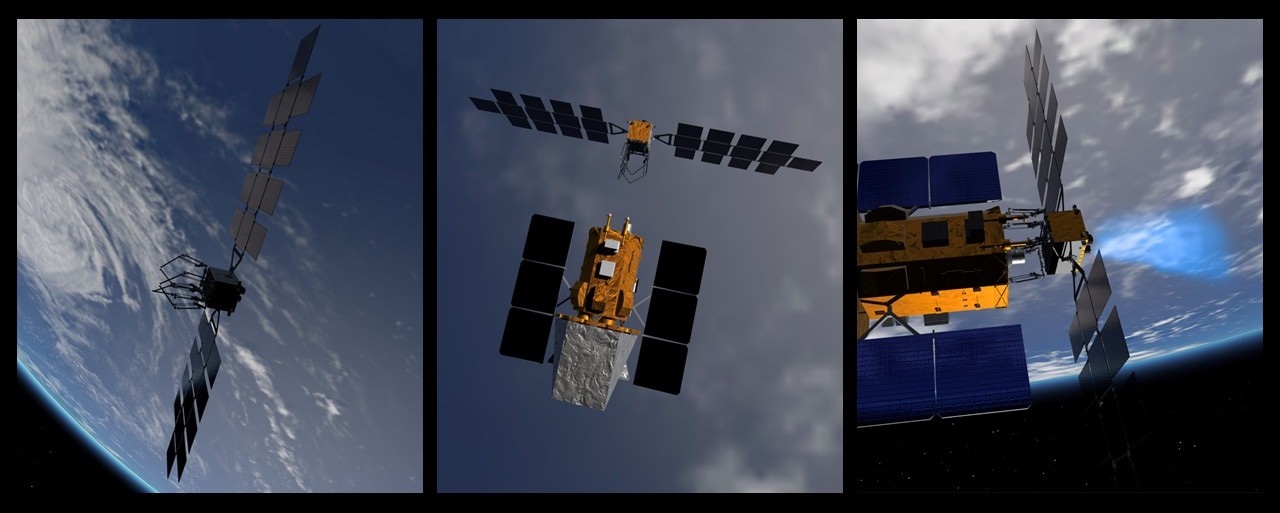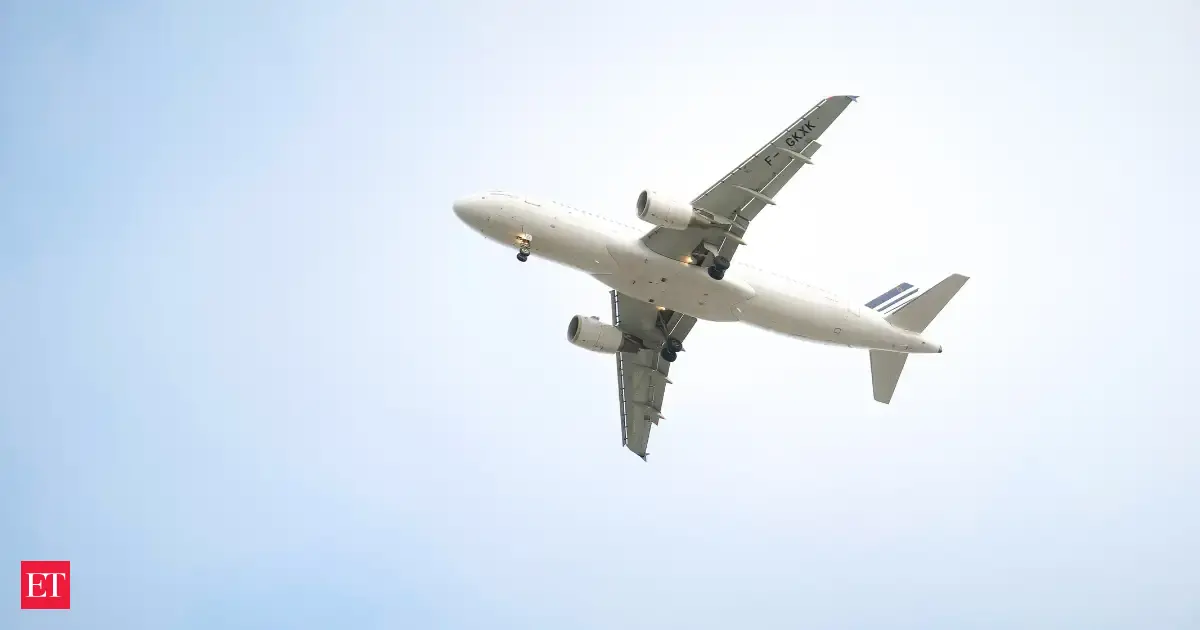
WASHINGTON — NASA has awarded a $30 million contract to a startup to attempt to boost the orbit of an astronomy satellite before it reenters next year.
NASA announced Sept. 24 that Katalyst Space won a $30 million Small Business Innovation Research Phase 3 contract to reboost the orbit of the Swift spacecraft in spring 2026. Katalyst will send a spacecraft to dock with Swift and raise its orbit before it makes an uncontrolled reentry, expected in the second half of 2026.
Katalyst received one of two study contracts from NASA on Aug. 11 to examine the feasibility of raising Swift’s orbit. The other went to a team led by Astroscale U.S. and Cambrian Works. The short studies explored how spacecraft already in development could be used to perform the maneuver.
“Given how quickly Swift’s orbit is decaying, we are in a race against the clock, but by leveraging commercial technologies that are already in development, we are meeting this challenge head-on,” Shawn Domagal-Goldman, acting director of NASA’s astrophysics division, said in a statement.
“This is a forward-leaning, risk-tolerant approach for NASA. But attempting an orbit boost is both more affordable than replacing Swift’s capabilities with a new mission, and beneficial to the nation — expanding the use of satellite servicing to a new and broader class of spacecraft,” he said.
Katalyst said it will use a low Earth orbit demonstrator of its planned LINK geostationary servicing spacecraft for the reboost. That demonstrator, already scheduled to launch in 2026, would dock with Swift and raise its orbit.
LINK will use a custom-built mechanism to attach to Swift, which lacks interfaces to support servicing. Successfully doing so, Katalyst argues, would demonstrate the ability to service spacecraft not equipped with docking or similar systems, opening new commercial and national security markets.
“This is about saving a world-class science asset while proving the United States can execute rapid, on-orbit response,” Ghonhee Lee, chief executive of Katalyst Space, said in a statement.
Sarah Bradley, operations lead at Katalyst, told SpaceNews the company plans to start spacecraft assembly, integration and testing in December. “We’re confident in our ability to execute on this incredibly tight timeline, with less than eight months to delivery,” she said.
Bradley said the $30 million contract will fully fund the mission, including launch, although the company has not disclosed launch plans for LINK. The company estimates the mission will cost $10 million plus launch. Swift’s unusual orbit — with an inclination of about 20 degrees — will require a dedicated launch.
Katalyst, based in Flagstaff, Arizona, has not flown its own mission. In April 2024 it acquired Atomos Space, which flew a mission in March 2024 to test rendezvous, docking and refueling technologies. The two spacecraft on that mission, however, suffered several technical problems during commissioning.



